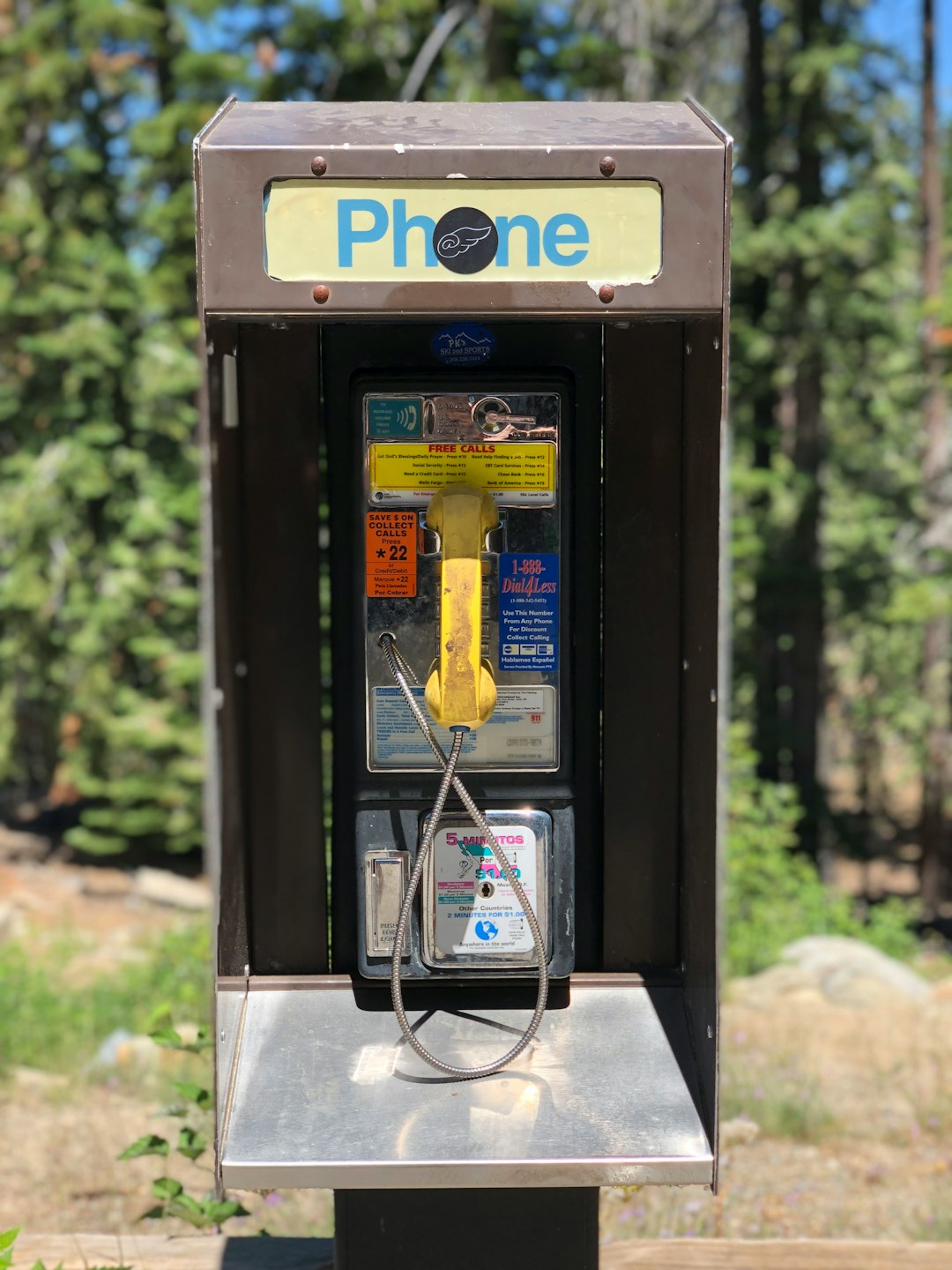Fishing tourism in Colorado attracts scammers who target anglers with deceptive phone calls offering fake trips and lodgings. To combat these nuisance calls, Coloradans can register with the Do Not Call Registry, use call-blocking features, or hire a specialized Spam Call law firm/lawyers familiar with TCPA laws. Understanding your rights under the TCPA and working with legal experts ensures a safer phone experience free from intrusive spam calls. Key actions include educating yourself about common scams, using Do Not Call lists, and staying informed about the latest scams.
“Navigating the vibrant tourism scene in Colorado comes with its perks, but it’s essential to stay vigilant against a modern-day nuisance: fishing tourism scam calls. These deceptive practices target unsuspecting visitors and locals alike. In this comprehensive guide, we’ll explore the ins and outs of recognizing and stopping these fraudulent schemes. From understanding the legal aspects of spam call laws in Colorado to implementing practical strategies, this article equips you with the knowledge to protect yourself and your rights as a Colorado resident or tourist.”
Understanding Fishing Tourism Scam Calls in Colorado

In Colorado, fishing tourism is a significant industry, attracting anglers from across the globe to its pristine lakes and rivers. However, this booming sector has also become a target for scammers who exploit the enthusiasm of visitors by making deceptive phone calls related to fishing tours and accommodations. Recognizing these scams is crucial to protect consumers from financial loss and frustration.
The most common fishing tourism scam calls involve fraudulent offers for discounted or free fishing trips, promises of exclusive access to prime fishing spots, and false claims about luxurious lodgings. Scammers often target unsuspecting tourists through spam calls, using automated systems to dial numerous numbers in a short time. To stop these nuisance calls, Coloradans have several options. They can register with the national Do Not Call Registry, which restricts marketing calls. Additionally, many phone service providers offer call-blocking features tailored for blocking spam calls. Engaging a Spam Call law firm or hiring lawyers specializing in TCPA (Telecommunications Consumer Protection Act) laws in Colorado is another effective strategy to halt these fraudulent activities and seek legal recourse if necessary.
Legal Aspects: Spam Call Laws and Your Rights in Colorado

In Colorado, the Telephone Consumer Protection Act (TCPA) provides consumers with important protections against spam calls. This federal law restricts the practices of telemarketers and gives individuals the right to take action against unwanted phone marketing efforts. If you’re receiving scam fishing tourism calls, understanding your rights under the TCPA is crucial. By knowing the legal framework, you can better navigate how to stop spam calls in Colorado.
Seeking assistance from a reputable spam call law firm or lawyer specializing in TCPA cases is an effective step. Legal experts in Colorado can guide you through the process of filing a complaint with the Federal Communications Commission (FCC) and help recover any financial losses incurred due to these fraudulent activities. Understanding your rights and having the right legal support can significantly impact how you deal with fishing tourism scam calls and ensure a safer, less intrusive phone experience.
Practical Strategies to Stop and Avoid Scam Calls in Colorado's Tourism Sector

In Colorado’s vibrant tourism industry, recognizing and avoiding fishing scam calls is crucial for both business owners and visitors. While many scams target vulnerable individuals, a proactive approach can significantly reduce the risk. Start by educating yourself about common tactics used by scammers. Many spam call law firms in Colorado emphasize that these con artists often pose as travel agencies or tourism boards, offering attractive packages or discounts that seem too good to be true. They might pressure you into making immediate decisions or threaten withdrawal of services.
Practical strategies include updating your contact information regularly and using Do Not Call lists effectively. Consider hiring a reputable lawyer specializing in TCPA (Telecommunications Consumer Protection Act) laws in Colorado, who can guide you on blocking numbers and reporting suspicious calls. Additionally, staying informed about the latest scams and sharing this knowledge with others can create a robust defense against these deceptive practices.






